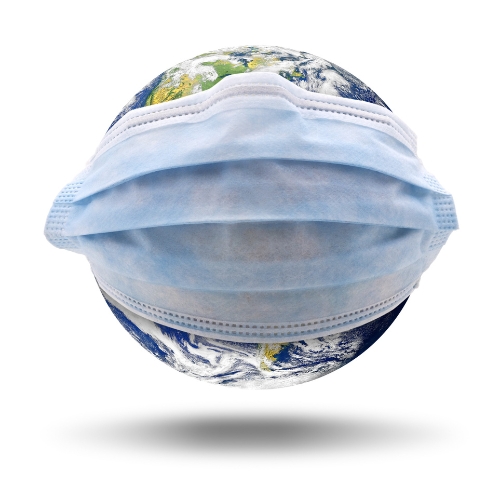Key points from article :
A single weekly puff from an inhaler could one day provide broad protection against viral infections, according to a new study led by Dusan Bogunovic at Columbia University, published in Nature. Researchers are testing an mRNA-based treatment that activates the body’s innate immune system, offering protection not just against one virus but potentially against many, including flu, Zika, and even coronaviruses. The approach could serve as a “universal antiviral,” giving the body a head start in fighting infections before they take hold.
Unlike vaccines, which train the immune system to recognise specific pathogens, this therapy harnesses a natural defence mechanism. When a virus invades, cells release a molecule called interferon, which triggers the production of about 1,000 different antiviral proteins. These proteins can block infection in multiple ways, from preventing viruses from entering cells to stopping them from spreading. However, viruses often replicate faster than the body can mount this defence. Delivering mRNAs that code for a carefully chosen set of these proteins directly into cells could help the body respond much faster.
In lab tests, the team selected 10 such proteins and delivered their mRNAs into human cells, boosting resistance against several viruses. When tested in golden hamsters exposed to SARS-CoV-2, the treatment reduced viral levels dramatically compared to untreated animals. This broad-spectrum effect is especially valuable, as most current antivirals only target a single virus. Researchers believe this method could mirror the medical revolution that antibiotics brought against bacterial infections.
Despite the promise, challenges remain. Delivering mRNAs to the right cells in sufficient numbers is still difficult, and the treatment is far from ready for clinical use. Experts also warn that recent US funding cuts for mRNA research may slow progress in this area. Still, Bogunovic and colleagues are optimistic, noting that combining multiple antiviral proteins should make it harder for viruses to develop resistance. If successful, this strategy could transform how we protect against seasonal infections and prepare for future pandemics.







